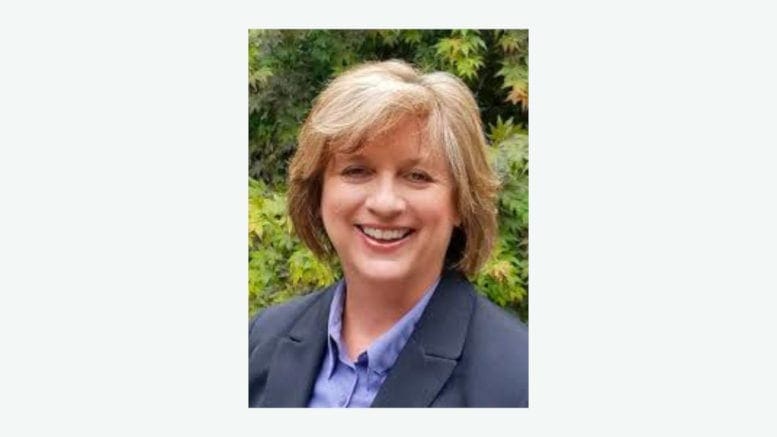By Melanie Dallas, LPC
With the opioid crisis receiving so much news coverage nowadays, it can be easy to overlook the ongoing impact of one of the most pervasive and easily accessible drugs in our communities: alcohol. Even as opioid overdose deaths surge to record numbers in Georgia and nationally, alcohol continues to cost our state and nation billions of dollars annually, and impact millions of individuals and families.
As we recognize National Alcohol Awareness Month in April, it is a good opportunity to review some of the basic facts about alcohol use and misuse, and some signs that someone might have alcohol use disorder (AUD).
Because alcohol is legal for adults, advertised pervasively and consumed in a variety of social situations, young people especially may have the impression that it is not dangerous, that alcohol – particularly when compared with illicit or hard drugs – is ‘not that bad.’ But that is far from the truth.
Alcohol depresses the central nervous system – the same as opioids do. Very high levels of alcohol in the body can cause critical areas of the brain that control breathing and heart rate to shut down. In fact, according to the Centers for Disease Control and Prevention (CDC), an average of six people die from alcohol poisoning every day in the U.S., about 2,200 a year. And those are just a fraction of the 140,000 annual deaths linked to excessive drinking, making it the leading cause of preventable death in the U.S., according to the CDC.
It’s also well known that excessive drinking can increase the risk for health problems such as liver disease, inflammation of the pancreas, certain cancers, and unintentional injuries. Excessive alcohol use has also been linked to harm to a developing fetus, as well as increased risk of violence and alcohol use disorder. None of those things are ‘not that bad.’
Unfortunately, research has found that many people start drinking alcohol well before they are 21, the legal drinking age in the U.S. According to the 2021 National Survey on Drug Use and Health:
- 6.0 million youth ages 12 to 17 (22.9% in this age group) reported that they drank alcohol at some point in their lifetime
- 4.6 million youth ages 12 to 17 (17.8% in this age group) reported that they drank in the past year
- 1.8 million youth ages 12 to 17 (7.0% in this age group) reported that they drank in the past month
- 995,000 youth ages 12 to 17 (3.8% in this age group) reported binge drinking in the past month
Interestingly, in all of these measures, girls drank in higher percentages than boys. But regardless of sex, early use of alcohol increases the risk of developing problem drinking and alcohol use disorder.
The National Institute on Alcohol Abuse and Alcoholism (NIAAA) has an informative website called Rethinking Drinking (https://www.rethinkingdrinking.niaaa.nih.gov) with lots of great information about alcohol use, its health effects and how to determine if you drinking might be problematic, including a self-assessment tool.
The site also contains a statement I feel is very important to mention: “…no matter how severe the problem may seem, most people with AUD can benefit from treatment with behavioral health therapies, medications or both.” In other words, recovery is always possible.
If you are concerned about your alcohol use, or feel it has become a problem but don’t know how to stop, talk to your family doctor, or contact Highland Rivers Behavioral Health. There are also numerous Alcoholics Anonymous and other 12-step groups throughout northwest Georgia (and while not everyone thinks 12-step programs are effective, what matters is what works for you). With the potential negative consequences of alcohol use – to your health, job and family – the time to seek help is now.
Melanie Dallas is a licensed professional counselor and CEO of Highland Rivers Behavioral Health, which provides treatment and recovery services for individuals with mental illness, substance use disorders, and intellectual and developmental disabilities in a 13-county region of northwest Georgia that includes Bartow, Cherokee, Cobb, Floyd, Fannin, Gilmer, Gordon, Haralson, Murray, Paulding, Pickens, Polk and Whitfield counties.
